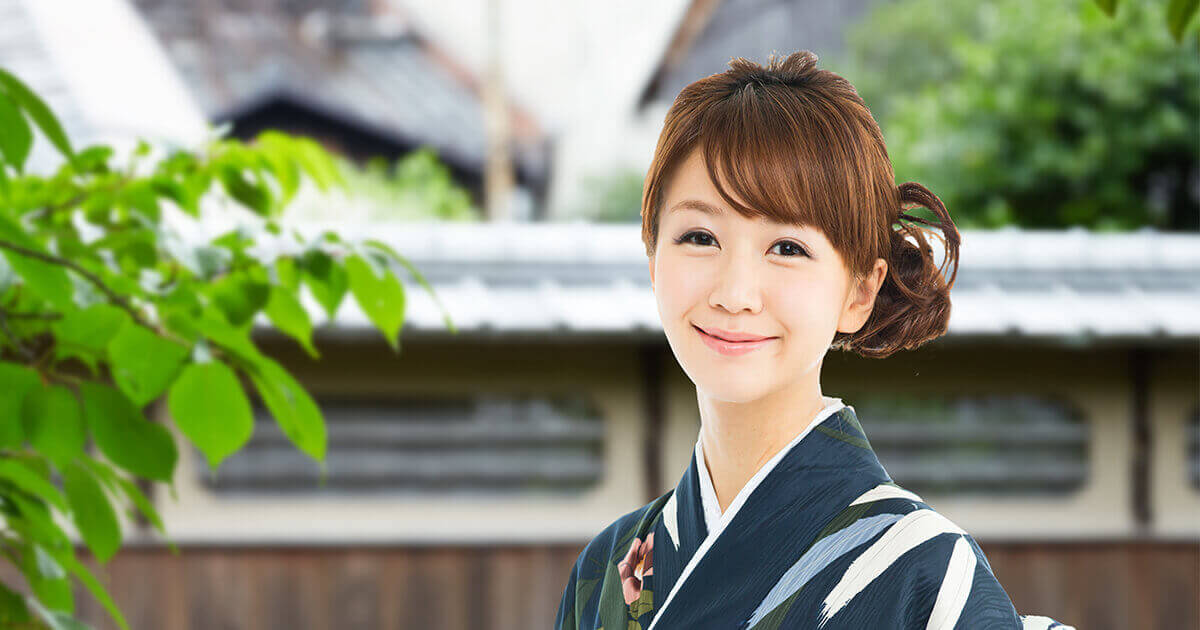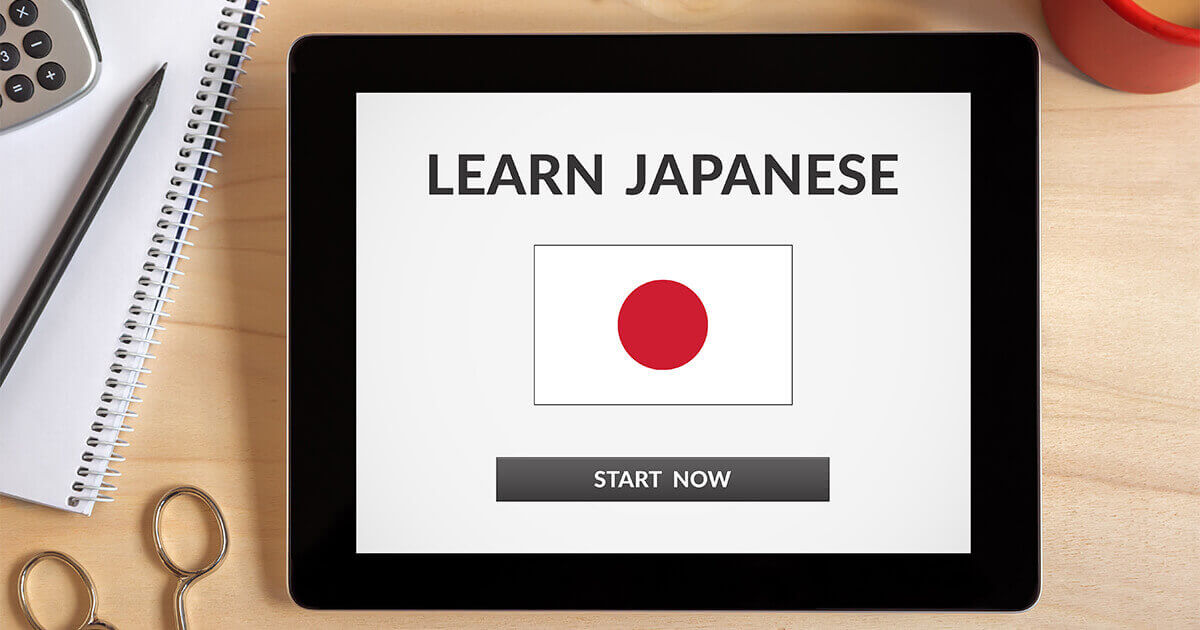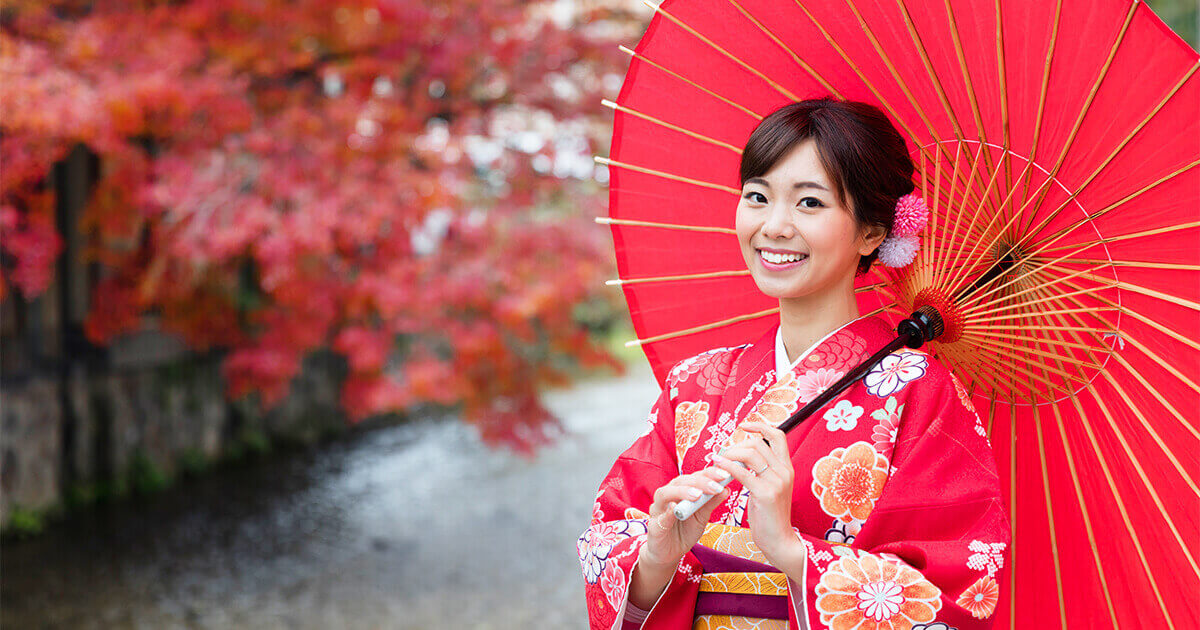
We’ve received a lot of responses regarding how to say “you” from many of our readers in the article “How to say “you” in Japanese?”.
Answer by Japanese teacher When you do not know the other person’s name, ask for his/her name first and then address him/her using the “name + san” format. (1) Sumimasen, onamae wa? すみません、お名前は Excuse me, what’s your name? Business setting …
Thank you for your overwhelming response. “あなた anata”, “君 kimi”, “お前 omae”, “てめえ temee”, “貴様 kisama” all mean “you”. So today, we’re going to answer all your queries regarding the different usage.
I often hear the word “貴様(きさま) kisama” when I watch anime. Can I use it on my boss too?

No, you can’t.
“貴様 kisama” is often heard in anime so you may think that “kisama” equals “you”.
However, “kisama” is used for your most hated enemy as in yelling “貴様を殺す! kisama o korosu!” (I’m gonna kill you!) and screaming “貴様! kisama!” before punching the other person.
If you use “kisama” on your boss, he would think that you consider him your enemy. Please do not use it. This word is rarely used in real life. Just remember that it’s a word only used in action anime.
I also hear the word “お前(まえ) omae” a lot when I watch anime. Can I use it on my boss too?

No, you can’t.
“お前 omae” does not show as much enmity as “貴様 kisama” but it is still a rough expression.
It appears in the manga series Hokuto no Ken (Fist of the North Star) in the line “お前はもう死んでいる omae wa moo shindeiru” (you’re dead).
It is used by men who want to belittle their opponents such as in “お前の格好、変 omae no kakkoo, hen” (you look weird) and “お前、むかつく omae, mukatsuku” (you’re getting on my nerves).
Do not use it on people who are ranked socially higher than you. This word may be used in real life among guys who are good friends with one another but you need to be very careful regarding the usage.
I hear the word “君(きみ) kimi” in anime too. Is this a polite expression? Can I use it on superiors?

No, you can’t.
You may know the word “kimi” from Makoto Shinkai’s famous anime movie “君の名は Kimi no Na wa” (Your Name) in 2016.
“Kimi” is definitely more polite than “貴様 kisama” and “お前 omae” but still, you cannot use it on people who are ranked socially higher than you.
“Kimi” is used for your peers or juniors. “Kimi” shows intimacy or familiarity with the person but in my observation, it is rarely used in real life.
It is probably safe to assume that this is an expression used in novels, movies, or animes.
Is there a polite version of “you” in Japanese that shows respect at the same time?

No, there isn’t.
It’s strange but there are no polite equivalents of “anata” (you) despite so many second people pronouns in Japanese. However, we do need to use “you” in our daily lives. In that case, how do we address one another?
1. Address by their job titles. For example, 社長 shachoo (CEO), 部長 buchoo (manager), 課長 kachoo (section manager)
2. Use “先生 sensee”. For example, teachers, politicians, doctors, lawers, writers, and manga artists can all be called “sensee”.
3. Address by their surnames. For example, 鈴木さん Suzuki-san, 山田さん Yamada-san, タンさん Tan-san.
4. If the other person is a customer and you do not know his name, call him as “お客様 okyakusama” (Mr. Customer).
5. For people related by blood and are ranked socially higher than you, address them by their relationship to you. For example, お義父さん otoosan (father-in-law), お義母さん okaasan (mother-in-law), お父さん otoosan (father), お母さん okaasan (mother), おばあちゃん obaachan (grandmother), and おじいちゃん ojiichan (grandfather).
6. If the other person is a relative and he is ranked socially higher than you, add “san” after his name. For example, if your sister-in-law’s name is Yoshiko, you can call her “Yoshiko-san”.
The kanji for “貴様(きさま) kisama” and “御前(おまえ) omae” seems to be respectful expressions for superiors. So why are we using it for people we want to kill? Are we showing respect to these people too?

No, it doesn’t show respect.
That’s a very good point.
To understand this, I need to explain a little about “敬意逓減(けいいていげん)の法則(ほうそく) keii teigen no hoosoku” (law of diminishing respect).
When a word is used continuously, it tends to get less polite over time. This trend is evident in other languages as well (Takahashi, 2016). “貴様 kisama”, “御前 omae” and “君 kimi” were originally used as a form of respect.
Ancient texts showed that “kisama” and “omae” were used for the Emperor and other nobles, while “kimi” was originally used to mean “prince”. The hero in the world’s oldest love story 源氏物語(げんじものがたり) Genji Monogatari (The Tale of Genji) was known as “源氏(げんじ)の君(きみ) Genji no Kimi”, a beautiful prince.
On the other hand, “anata” was specifically written as 彼方 to describe someone who is far away on the other side (Satake, 2005). In the olden days, it was extremely rude to call a nobleman by his name.
Therefore, an ambiguous expression like “anata” was used to describe the general direction where these people were. Although not as much as “kisama” and “omae”, the level of respect associated with “anata” has also decreased over time according to the law of diminishing respect.
As you have seen above, second person pronouns in Japanese are rarely used in real life. Anime can be very effective for learning Japanese but one must careful to see if words used in anime can be actually applicable in real life.
References: Keiko Takahashi “自然な敬語が基本から身に付く本 Shizen na Keigo ga Kihon kara Minitsuku Hon” (A Book on Mastering Natural Keigo), Kenkyuusha, 2016
Hideo Satake & Remi Nishio “日本語を知る・磨く敬語の教科書 Nihongo o Shiru/Migaku Keigo no Kyookasho” (A Keigo Textbook on Knowing and Polishing Japanese), Beret Publishing, 2005







